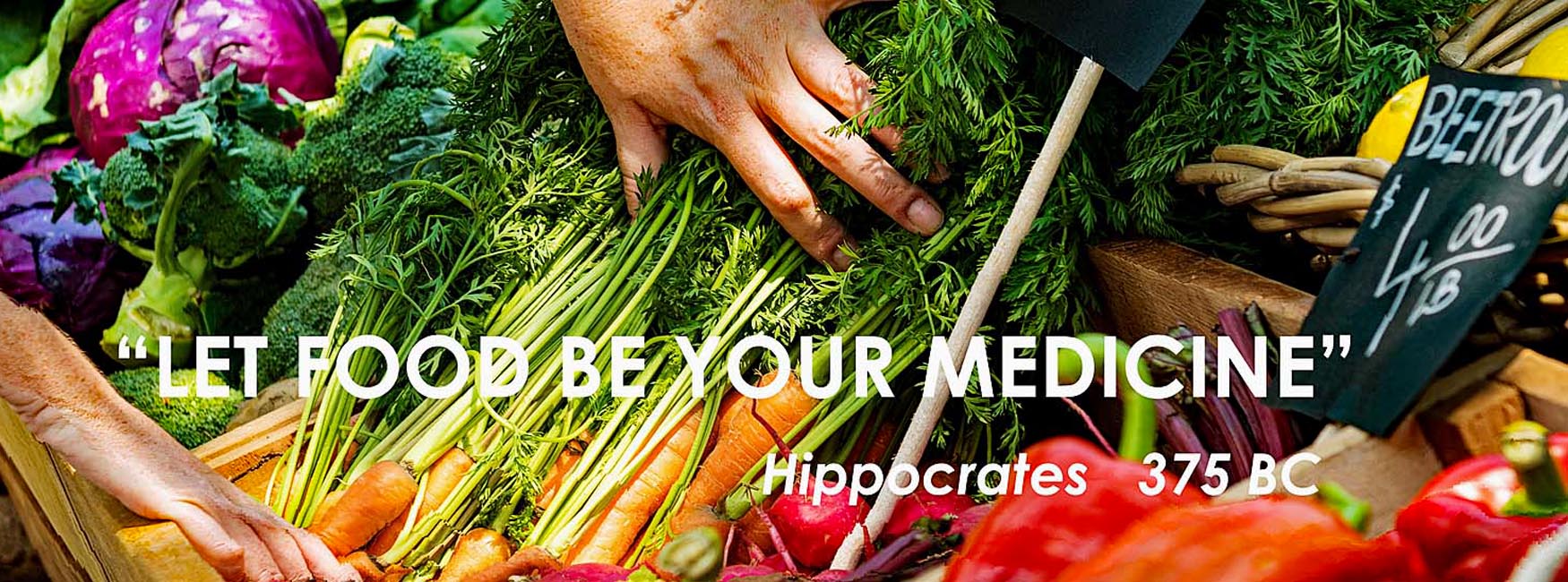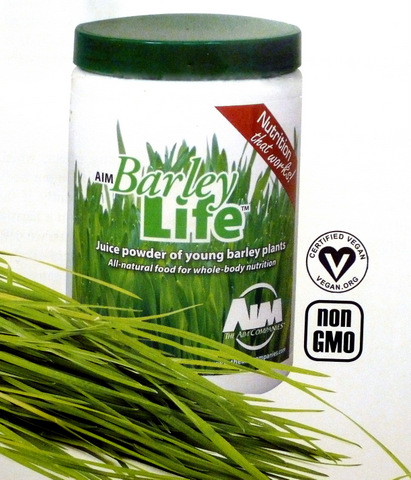Non GMO: Look For The Labels
Non GMO foods are ones that have not had techniques applied that alter their molecular or cell biology. They are products of natural breeding techniques. We have discussed in other segments of this subject the benefits of genetic modification as seen by the purveyors of this process and the opposing views of the non believers.
The USA does not require labeling of GMO foods.
When unknowing consumers of GMOs are enlightened as to the problems and unknown long term effects of gene modification on their health, they are in favor of labeling of some sort to identify foods that contain GMOs or label them non GMO foods.
People will eventually vote with their pocketbook when they have the option of purchasing non-genetically modified foods. This is already happening.
Food Contamination
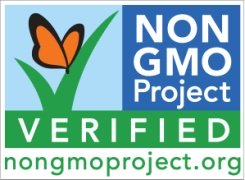
We already have massive problems with contamination of the meat and dairy industries. Most farm raised animal products that we eat contain antibiotics, growth hormones, bacteria, diseases, dioxins and other toxic substances. All of this is hazardous to health.
Why would we want to add another layer of possible health problems by using GM products when the long term effects are still unknown? Ninety plus per cent of animal foods are from GM soy and corn meal and other grains. Are the animals that consume these GM foods already in the process of changing their DNA? How does that affect the consumers of animal products DNA?
What can we do when our regulatory agencies do not want to take any steps to educate the people about the hazards of consuming GMOs? There are now organizations that promote the testing and identification of products that have not been genetically modified. You have probably seen the labels on many foods in the grocery store.
The following are suggestions that will help you avoid GM crops.
- Certified organic products are not allowed to have any GMOs. If you find a product labeled "made with organic ingredients", only 70% has to be organic but cannot have any GMO ingredients. 100% and 70% organic on the label means the products are free from any GMOs.
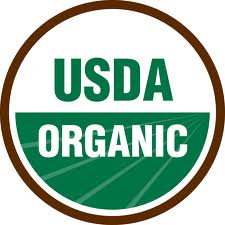
- Start looking for "non GMO" labels. There are many companies voluntarily labeling their products "non GMO" or "made without genetically modified ingredients". Others with more limited information state only a particular ingredient is "At Risk", such as soy lecithin, listing it as non modified products. There are also non-profit organizations that use third party testing to verify the product submitted for certification is free of GMOs. You will see more of these labels on products as this program grows.
- Avoid "At Risk Ingredients". Most GM ingredients in the processed food that we consume include products from corn, soybeans, canola and cottonseed.
The following are the "Big Four" GMOs:
CORN
Corn flour, meal, oil, starch, gluten and syrup
Sweeteners such as fructose, dextrose and glucose
Modified food starch
SOY
Soy flour, lecithin, protein, isolate and isoflavone
Vegetable oil and vegetable protein
CANOLA
Canola oil (also know as rapeseed oil)
COTTON
Cottonseed oil
GM sugar beets have recently entered the food chain. Seek out organic and non-genetically modified sweeteners, candy and chocolate products made with "100%" cane sugar, evaporated cane juice, or organic sugar so you can avoid GM beet sugar.
We want to know if it's Non GMO!
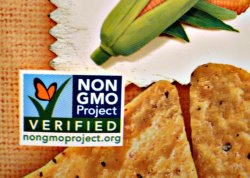
The battle lines are being drawn. Since the regulators and politicians will do nothing to identify GM products, the private sector with market driven food companies and non-profit organizations have started their own regulations by calling out their products that have not been genetically changed. Look for the labels!
More about Genetically Modified Foods...
- Facts About GMO Food - Eighty percent of conventional processed foods in the US contain GMO ingredients. There are 61 countries around the world that do not consider GMO food to be safe.
- Claims and Counter Claims - Developers of the GMO process have many beneficial claims to continue genetically modified food. However, there is a growing body of scientific evidence that refutes these claims.
- Health Risk - There are numerous accounts of problems caused by genetically modified products.
- Buy Organic Food - Organic foods will limit your exposure to synthetic pesticides and herbicides.
